What is hypnobirthing, and how can it help you during your baby's birth? You might have heard of hypnobirthing during your antenatal classes or midwife appointments, but many people don't know what it is. Hypnobirthing is a complete antenatal preparation, combining relaxation and breathing techniques with physiological antenatal information, confidence-boosting techniques, and much more.
Hypnobirthing teaches parents-to-be all about experiencing childbirth in an atmosphere of calm relaxation using meditation, free of the fear and tension that prevents our birthing muscles from functioning as nature intended them to. Think of it as pregnancy pilates for the mind.
The aim of hypnobirthing is to allow parents to release any fears of childbirth, and to ignore the negative birth stories that we’re surrounded with on TV and social media. Often friends and family share negative birth stories without realising the impact on expectant parents. Using self-hypnosis techniques, meditation, and breathing practises, hypnobirthing can help you harness confidence and control to have a more positive birth experience.
From hypnobirthing techniques to your local hypnobirthing courses, here's everything you need to know about hypnobirthing.
What is hypnobirthing?
The principle of hypnobirthing is to combine hypnosis with informed education and confidence-building, to support expectant parents and help them achieve a positive birth, that they are in control of.
So many of the labour stories shared by women – our friends, family, and own mothers – are negative. People rarely share positive, happy stories of birth - it seems much more entertaining to share horror stories. But giving birth is one of the most natural experiences humans go through, so let’s make it a positive one.
Find out how Olivia Bowen went from fearing birth to looking forward to it thanks to hypnobirthing
Hypnobirthing arms mums-to-be with the confidence to tackle pain management, to aim for the most natural uninterrupted birth (referring to induction), and also to be prepared should your birth not go to plan, for instance, if you require medical intervention and an emergency C-section is required.
The focus of hypnobirthing is on the connection and visualisation between the mind and the body and looks at how self-hypnosis can help birthing mums cope with the pain experienced in labour.
But the question is, does hypnobirthing actually work?
Hypnobirthing looks at the physiological science of birth, and how important position is to the efficiency of labour. Lying on your back during labour means your pelvis, and therefore baby, aren’t in the most optimum position. Learning about the science behind what your body is doing during birth can help mums to understand how better to work with their bodies, and how to harness their muscles and hormones to work instinctively.
Professional hypnobirthing practitioner Caron Newton explains: "One woman who played a part in the revolution of hypnobirthing is Michelle Leclaire O’Neill, who wrote about the phenomenon of natural childbirth in her book published in 1987. Giving birth on your back, under spotlights, in a clinical environment, is not a natural way to have a baby.
"Janet Balaskas, founder of The Active Birth Centre, has been working hard since the early 1980s, to educate women and health professionals to help women to find positions of comfort in childbirth. She believes that a relaxed, controlled birthing woman will achieve much more of a comfortable birth experience."
A thorough hypnobirthing course will help you to understand what hormones you need during birth – such as oxytocin – and why adrenaline isn’t helpful. This helps you to understand why keeping stress away, and staying relaxed, is so beneficial to a more positive birth experience.
The self-hypnosis and meditation parts of a hypnobirthing course will then build on a positive mindset and give you coping mechanisms and tools to help you deal with the pain of contractions – and indeed to see the pain as power.
Many mums have practised hypnobirthing and explain how helpful it was in helping them to have a calmer, more confident birth. Hypnobirthing is becoming more common, and you often hear celebs discussing it as part of their birthing journey.
Does it work? It absolutely can make a huge difference to how your birth experience pans out, and can help parents feel more in control of the decisions that occur during labour and birth.
What are the main hypnobirthing techniques?
Hypnobirthing involves teaching parents to tap back into their instincts for birthing. Here are the main hypnobirthing techniques:
• Deep breathing
• Visualisation
• Relaxation
• Self hypnosis
Caron Newton continues: "For the majority of women, we are able to both conceive and grow our babies, so why does birth have to be any harder?
"By using techniques of deep relaxation and breathing, along with positive images and words, I can equip clients to go into their birthing journey feeling a lot more positive and relaxed. We link emotional attachment with background music and words, through a series of repetition, which allows couples to associate sounds with feeling calm or even excited about labour.
"We all put ourselves into a state of trance on a daily basis, when we’re daydreaming, and this is the same feeling we aim to achieve in hypnobirthing. A woman has to seek a conscious desire for change in order to achieve the mind and body connection, otherwise, the mind will continue to draw you back to the negative, fearful thoughts that dominate. Women can naturally achieve a state of trance in childbirth - but the majority of women will need to learn the tools to allow this to happen."
Breathing techniques you need for labour
Breathing is such a simple thing that we do without even thinking about it. Therefore it can seem hard to believe breathing can have any impact on the sensations of giving birth. But knowing how to breathe effectively during your contractions, and why it can impact on your muscles and diaphragm, can make a huge change to how your contractions feel, and how you can cope with the pain of them.
Make sure you check out our top breathing techniques for labour.
If I use hypnobirthing, can I use pain relief if I need to?
Absolutely. Hypnobirthing teacher Sophie Knight of Bourne Hypnobirthing said: “Hypnobirthing isn’t about giving birth pain-free, or drug-free; hypnobirthing is for every birth, however your labour progresses and however your birth journey develops. Using pain-relieving drugs is ultimately your choice, and pain affects people differently and subjectively, so we would never say you can’t use the drugs if that’s your choice. However, it is common that women who’ve taken hypnobirthing classes make the decision not to use any pain relief.
“No birth is the same, and there’s no right way to labour; hypnobirthing isn’t about telling you which way to give birth, or what you should do. Learning hypnobirthing is all about knowing what your choices are, working with your instincts, and choosing what’s best for you and your baby.
“A thorough hypnobirthing course will focus on planning for a positive birth experience, but will also cover all the information about variations on normal and what to expect if plans change. It’s important women take responsibility for their births, and they can do that through being informed and looking for evidence-based options; hypnobirthing can help you know what to ask for, and what to prepare for.
“In the course you’ll talk about writing your birth plan; one thing we discuss is that you can request that pain relief is only mentioned if you ask for it, rather than it being offered – this all relates to making your brain think about pain before you feel it. Asking your caregivers not to mention it unless you ask for it can help keep the idea of pain away from your brain. Again, there’s science behind why the nuances of language are so important during birth – and you’d learn about this in your course.
“It’s important to realise that hypnobirthing can teach you so many valuable tools for dealing with labour and birth, even if you choose pain relief or have a C-section – there so much antenatal information that prepares you for every possibility.
“There are also a lot of tools and techniques involved with hypnobirthing that are applicable to life after you’ve had your baby, too. Whether that’s breathing techniques to help you cope with stress, or learning about trusting your instincts as a mother – these are all vital skills that will stay with you long after your baby is born.”
What is hypnosis and how can it help with birth?
Hypnobirthing includes learning self-hypnosis, which can help you deal with the pain and power of labour and birth.
Firstly, don’t assume that the self-hypnosis involved in hypnobirthing is anything like Derren Brown or Paul McKenna – learning hypnobirthing won’t have you clucking like a chicken on a stage.
The self-hypnosis techniques learned in hypnobirthing are all about distracting your brain so that pain signals can’t be felt.
Hypnobirthing will teach you self-hypnosis through meditations, affirmations, and visualisations. These all work to train the brain to reach a calm and relaxed state, which in labour, allows your body’s muscles and hormones to act efficiently to allow your baby to be born. The more relaxed you are, the more oxytocin you’ll produce, which is the hormone needed for labour to start and continue.
The self-hypnosis techniques you learn with hypnobirthing aren’t scary or complicated – they’re just about anchoring your brain to relax and allow your body’s instincts to take over.
What are the benefits of hypnobirthing?
Having a birth plan is important, but no matter how much you plan, unfortunately, it doesn't always go the way you want it to, so it's always best to be prepared for any unexpected changes. Studying hypnobirthing will help you be prepared for all eventualities.
Hypnobirthing techniques will allow you to cope with the unexpected better than if you hadn't had the breathing techniques or visualisation. They equip you with the ability to self-relax, so if you had planned for a water birth but had to have an emergency C-section, you can maintain the breathing techniques, relax more, and focus on your new path.
Hypnobirthing is also beneficial to your partner. Partners often feel left out during pregnancy and birth, but learning hypnobirthing will help them to feel involved, giving them tasks and responsibilities.
The course will give your birth partner tasks and practical approaches to help through both pregnancy and labour. These include massage techniques, calming phrases to put you in the right frame of mind, as well as hypnosis practices that you can do together. There will also be discussions around how your birth partner can protect your space from intrusion; your partner can be responsible for talking to caregivers, meaning you don’t have to get involved or stressed out from any conversation.
One benefit of finding a hypnobirthing group course is also that you meet other expectant parents with a similar approach to life as you, which can help you to start finding your tribe.
What are the disadvantages of hypnobirthing?
We are big fans of hypnobirthing and truly believe it's well worth investing in. That said, practising hypnobirthing doesn’t mean you’ll have a birth that is free from complications. Nothing can guarantee that, or predict what might happen.
What hypnobirthing does mean is that you’ll learn skills to have a calmer approach to birth, and an ability to cope with difference scenarios, keeping you more in control.
Most hypnobirthing courses and classes are private, meaning payment will be required, so it’s important to consider your budget. However, there are plenty of books and videos you can use that would be cheaper. Most parents do find having a teacher on-hand is helpful, however, and means you have tailored support should you need it; and many hypnobirthing experts offer post-natal support too.
Where can I find my local hypnobirthing class?
To find where you can take a hypnobirthing course nearest to you, visit mindfulmama.co.uk and simply enter your postcode.
It is recommended to take a course between 28 weeks and 32 weeks into pregnancy as it allows you time to practise techniques in the run-up to the birth.
Caron Newton says: "Although women usually take the course between 28 and 32 weeks, we have taught as early as 22 weeks for some mums suffering from anxiety, and as late on as 38 weeks for couples who have stumbled upon hypnobirthing late on in pregnancy."
Sophie Knight adds: "I studied hypnobirthing - before I became a teacher - with both of my pregnancies. With my first, I took the course at 33 weeks, then suddenly had my baby prematurely at 34 weeks. With my second, I took a refresher at 36 weeks before having a C-section at 37 weeks. I always tell my clients to leave time to practise before your birth, but also to remember that your baby might have other ideas as to when they might arrive, so really it doesn't matter when you learn!"
You can also download hypnobirthing apps to read and practise at home.

The Mindful Mamma runs courses and bases its teaching on the ideas of clinical hypnotherapist Sophie Fletcher. The course looks at the physiological side of labour and talks about the impact of chemicals in the body such as how we feel pain and when these change during labour.
A lot of the focus of the course is on the importance of oxytocin, which is known as the love hormone. Oxytocin can't be produced at the same time as adrenalin, so when your body goes into stress mode, adrenalin peaks and oxytocin dips, so through hypnobirthing, you can learn to keep those oxytocin levels high and keep adrenalin at bay.
Hypnobirthing won’t suit every mum-to-be, but at the very least it will arm you with relaxation techniques to practice during your pregnancy, whatever might happen during your labour.
Other relaxation techniques to try
Aromatherapy
Smell is a powerful sense and can conjure up memories and emotions. ‘When you’re practising relaxation exercises during pregnancy, burn lavender oil,’ says doula Sophie Fletcher. ‘Have it with you during labour and it will trigger an association with relaxation.’ If aromatherapy is something you're interested in discovering more about, discover which essential oils you can use in pregnancy.
Massage
Feeling stressed? Get your partner to vigorously rub your back and the backs of your legs. This stimulates the metabolism, which helps your body process adrenaline and lactic acid, so you feel calm again. Between contractions, light massage helps to stimulate the release of calming chemicals in the body.
Mantras
‘Your brain’s evolved to alert you to possible danger ahead so, even if you’re OK, it could generate panicky thoughts, triggering muscle tension and making labour slower,’ says hypnobirthing trainer Rosie Goode. Keep your mind in check by focusing on the present – using a breathing technique will help, as will repeating a birth mantra to yourself.
Real mums: 'Hypnobirthing got me through my home birth'
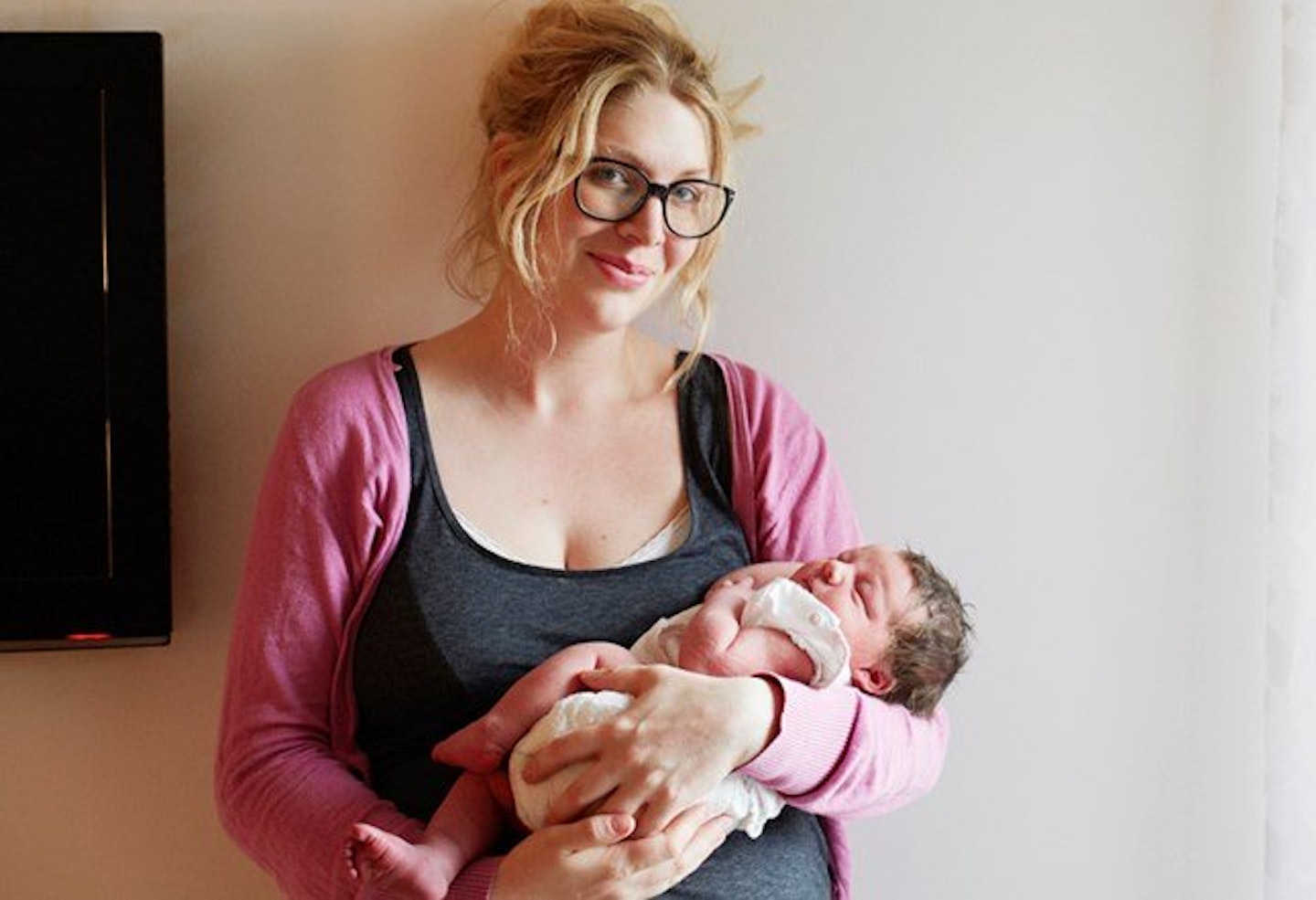
Having a home birth can be an amazing and unique experience – with the right help – as a mum of two and hypnobirthing expert Lottie Daley discovered.
‘I had a long, difficult birth in the hospital with my first baby, and felt I’d lost control of my body. When I got pregnant again, I did a hypnobirthing course, which helped me realise that labour didn’t need to be medicalised. This time, I wanted a calm “freebirth” at home, with no midwives, just a doula – a woman who supports you through your labour – and Miles, now my ex-partner.
‘One evening, two days after my due date, I was in bed when a sharp, powerful cramp in my stomach woke me up. I knew this was the real thing. The strong contractions – or surges as we say in hypnobirthing – were coming regularly every few minutes. Feeling calm and in control, I asked Miles to rub my back as I listened to my hypnobirthing CD. By the morning, they had eased off.
'With Mia around, I was in “mum mode”, so we took her to a playgroup across the road – I kept nipping outside and breathing deeply whenever I felt a surge. Back at the house, Miles filled the birthing pool, and Mia and I got into the warm water, playing games and watching Peppa Pig all afternoon. By now, the surges had become more intense, but I was so aware of Mia being around, that I couldn’t let go enough to allow myself to get in the right mindset, which was frustrating.
'By tea time, the surges had intensified and become more frequent so I called my doula, Sam. I cried when she arrived, not out of fear, but because I was happy to see another woman. After I tucked Mia into bed at 6.30pm, two enormous contractions swept across my bump. I paced downstairs, bending over the sofa to ease the pressure in my stomach.
'It was hard work, and painful, but the relaxing music and candlelight helped to create the right atmosphere. I also imagined a lily opening as I slowly breathed deeply, which helped me feel in control of the sensations.
'But at 9.30pm, my mood changed suddenly. “I can’t do this,” I shouted. Ignoring Sam’s reassurances that it was just the “transition” stage and that I was almost there, I begged to be taken to hospital for drugs. The pain had just suddenly become incredible.
'Panicking, Miles called the midwives. Meanwhile, Sam suggested I reach down to touch the baby’s head. As I felt the soft hair between my legs, peace flooded my body.
'In the pool, I reminded myself to keep up my slow breathing, imagining raindrops dripping down a window, which helped me to focus on something other than the sensation of my baby’s head emerging. It felt like I’d been transported to another world.
'Allowing my body to take over, I started pushing, and all the pain disappeared. I hardly registered the midwives when they arrived. Eventually, I looked up and asked them if they wanted to examine me. “No, we trust you,” they replied.
'A few minutes later, my baby’s head emerged under the water. My relaxation was so deep, I didn’t even fully register when the body came out. “Lottie, pick up your baby,” I heard a voice say. Looking down, I gasped to see a perfect girl floating in the water. Scooping her up, I felt a rush of love. It was such an empowering moment – I felt like a goddess.
'Afterwards, the midwives helped us into bed. Lily Luisa was big at 9lb 5oz, and I had a second-degree tear. But I decided against stitches, and the wound healed quickly afterwards. I’m sure that being in my own environment, combined with hypnobirthing, helped me to achieve my amazing home birth.’
Does hypnobirthing work?
But does hypnobirthing actually work when it comes to labour day? 9 mums from #mumtribe weigh in and share their birth stories...
hypnobirthing
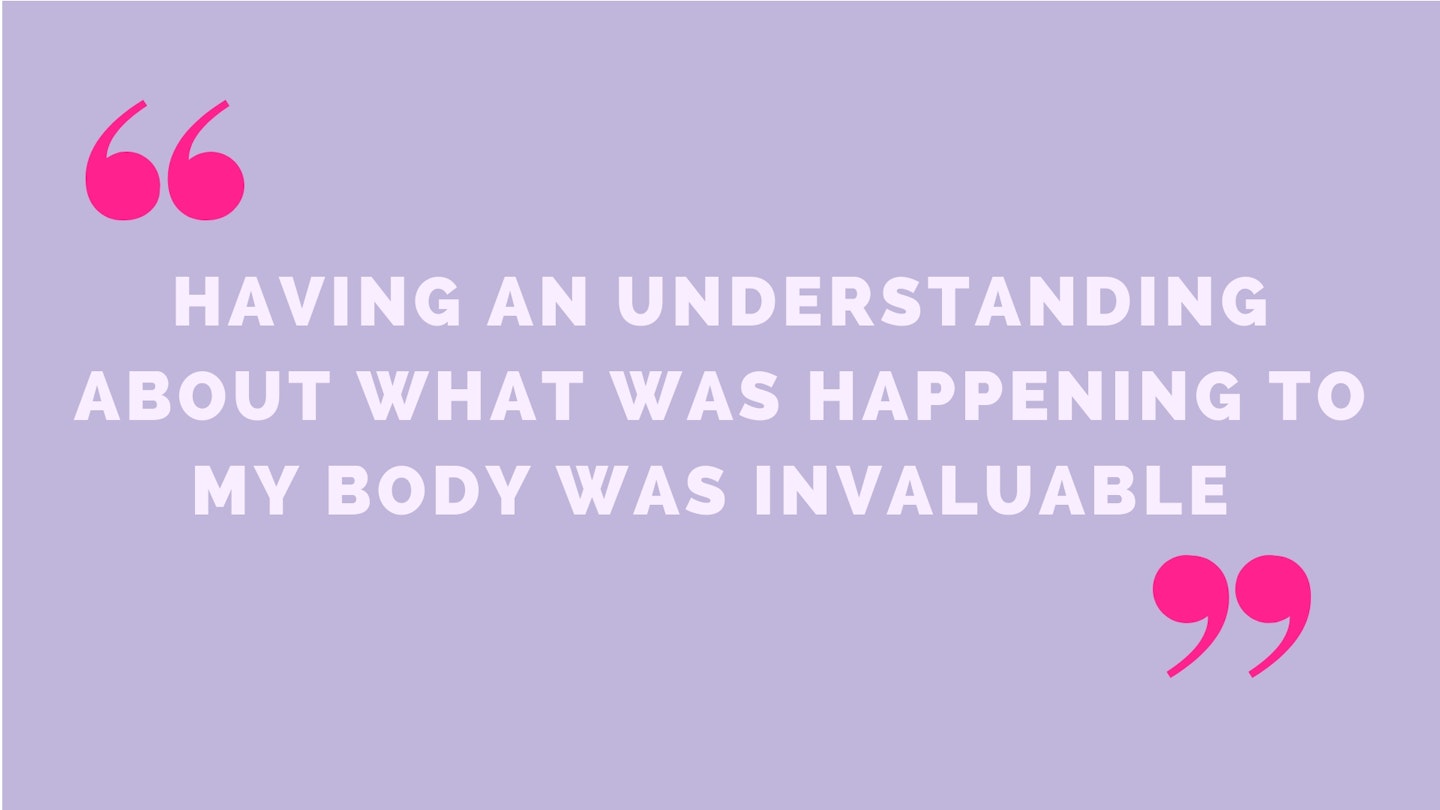 1 of 9
1 of 91) Laura Lainchbury
"I did an online course through The Positive Birth Company. It helped me in labour so much. I found having an understanding about what was happening to my body and the breathing techniques invaluable to keeping calm and therefore progressing labour. I am so pleased I invested time in it and would definitely recommend it.
Every birth is different and hardly ever goes exactly to your birth ‘plan’but the course was definitely worth doing for me."
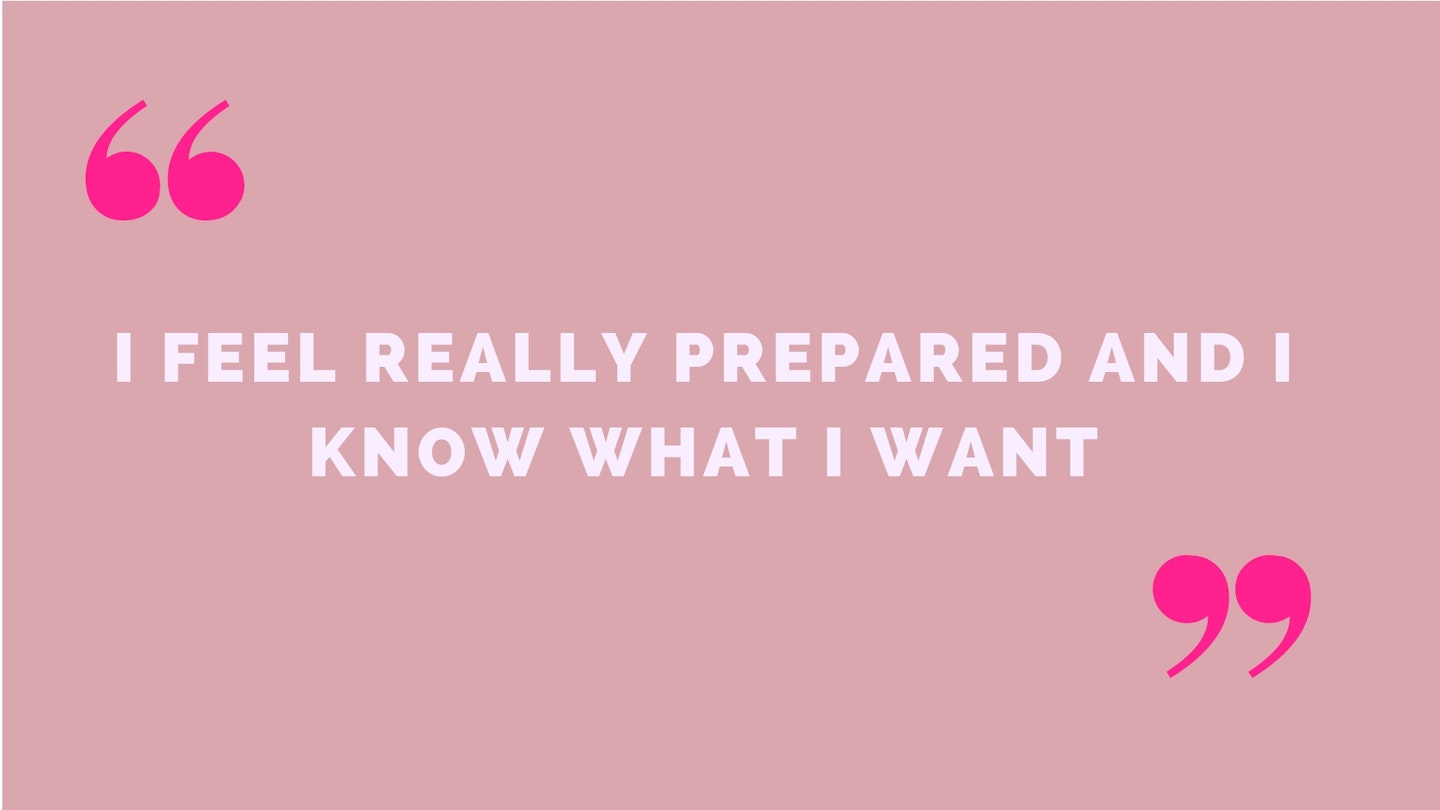 2 of 9
2 of 92) Jessi Pywell
"I did a course - still waiting for little one to arrive but it was an amazing course and I feel really prepared and like I know what I want and can be in control."
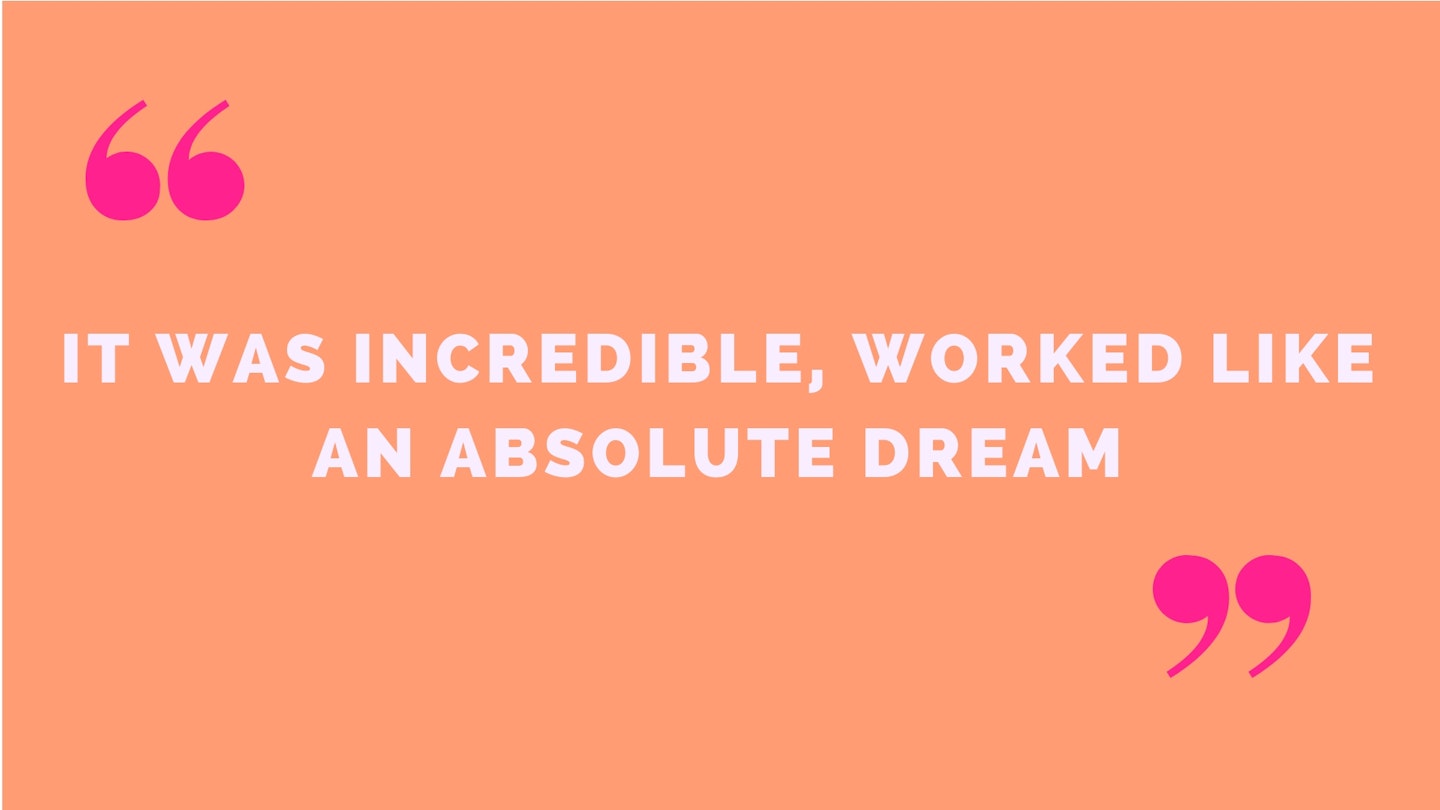 3 of 9
3 of 93) Emma Webster
"I'm the BIGGEST hypnobirthing advocate going! It was incredible, worked like an absolute dream, my labour and birth were very textbook, but I 100% wouldn't have been able to do it without hypnobirthing."
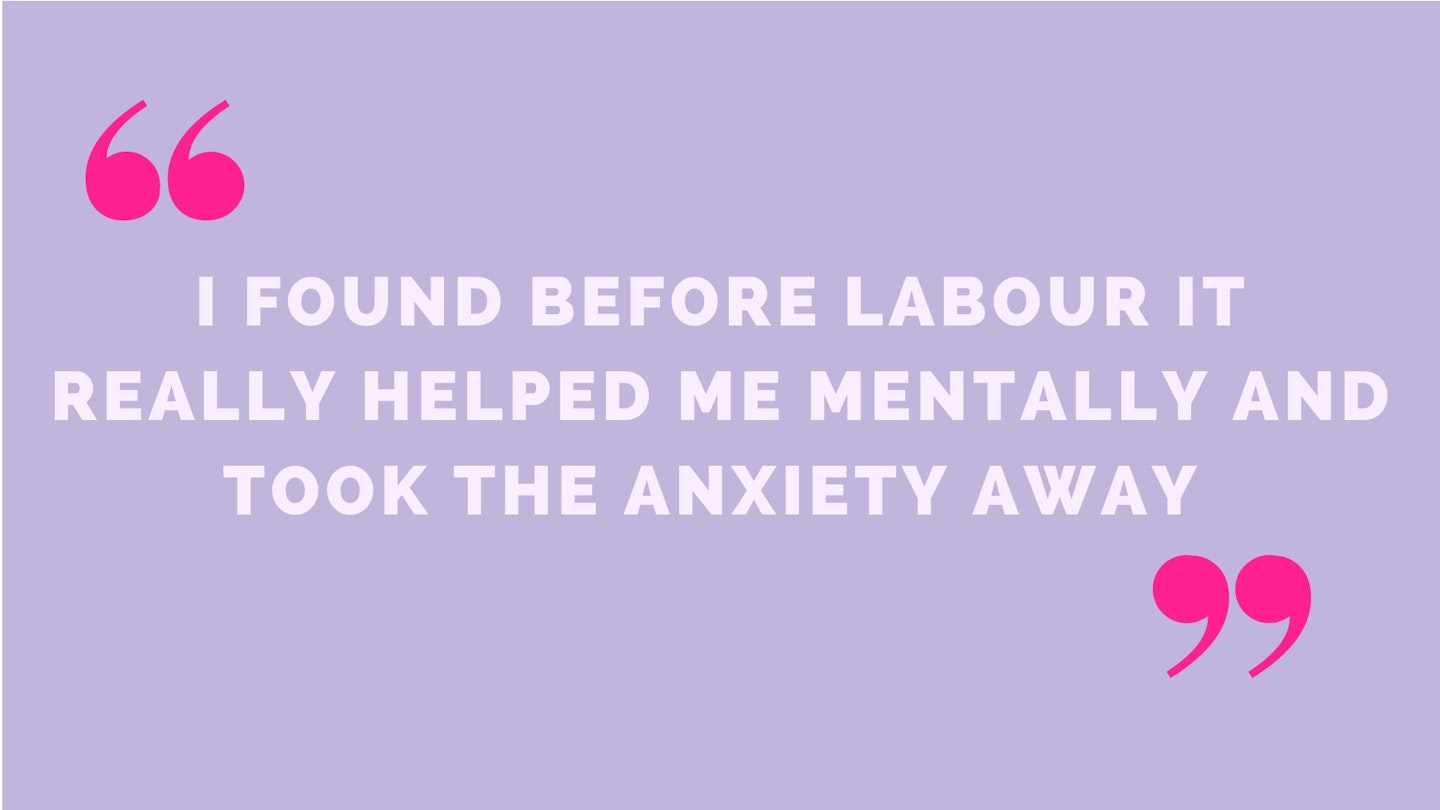 4 of 9
4 of 94) Natalie Hill
"I did the Positive Birth Company's hypnobirthing online course, I found before labour it really helped me mentally and took the anxiety away. It also helped me make better choices when it came to being offered an induction etc.
"My labour was different to most in that it was a slow one over a few days before it randomly built up in a matter of minutes. I got to the hospital at 7cm - the birthing pool really helped and the breathing helped too, but there was no time to get the lights out or do the affirmations or tens machine etc so that side all went out the window.
"As did the leaning forward as I was so tired. I pushed for 3 hours so had to get out the pool and to the labour ward and so was on the bed leaning back again at which point I really didn’t care. So I’d say it def helped leading up to it but for me personally it didn’t help as much as I thought it would in the hospital labour part."
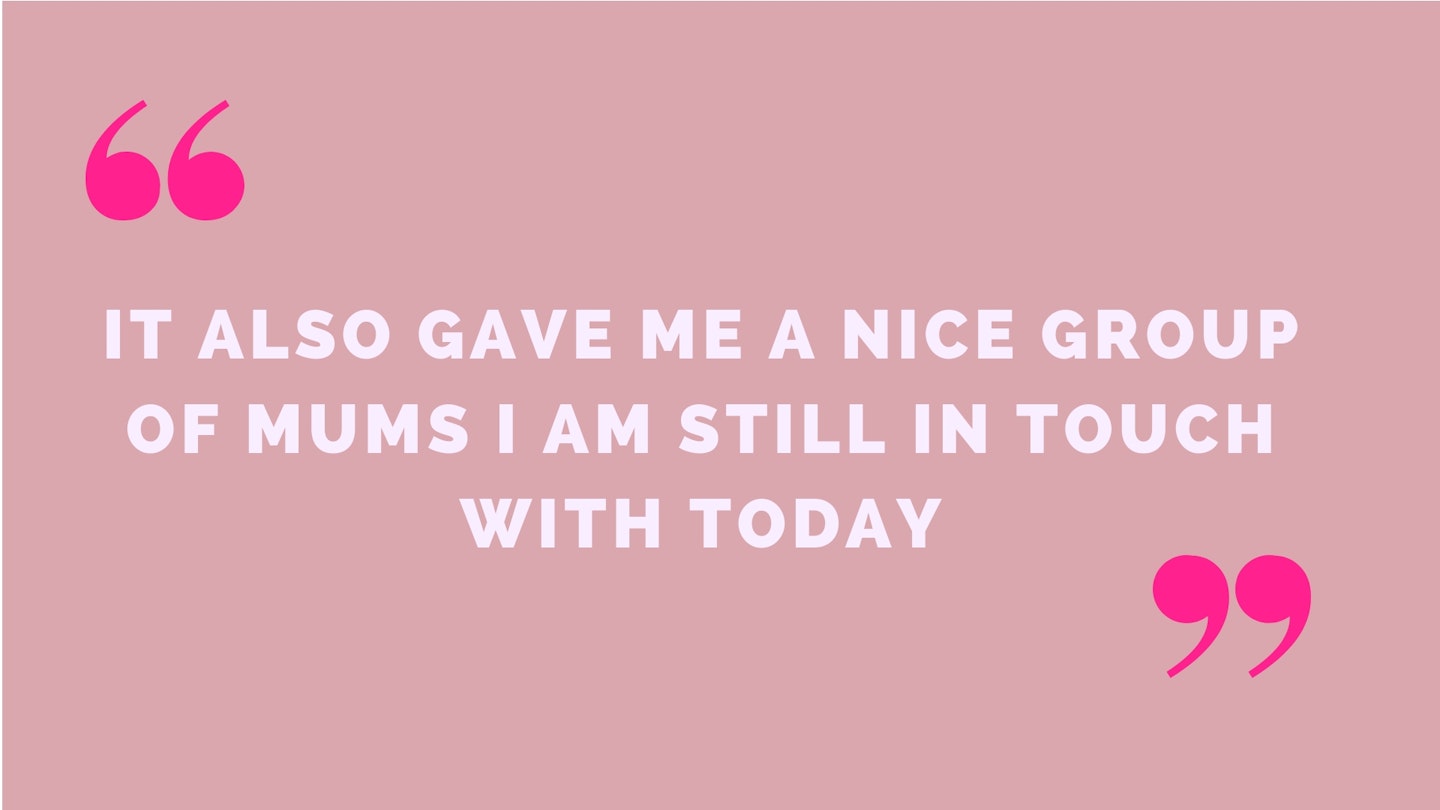 5 of 9
5 of 95) Samantha Sharp
"I also did the online course with The Positive Birth Company. It was fantastic. Even when things went astray I went back to everything in that course and I felt in control. I also did a 6 week session with The Daisy Foundation, Antenatal and Baby (local groups all over) and I loved that too. It also gave me a nice group of mums I am still in touch with today. But yes I did it, I loved it, and I would do it all again."
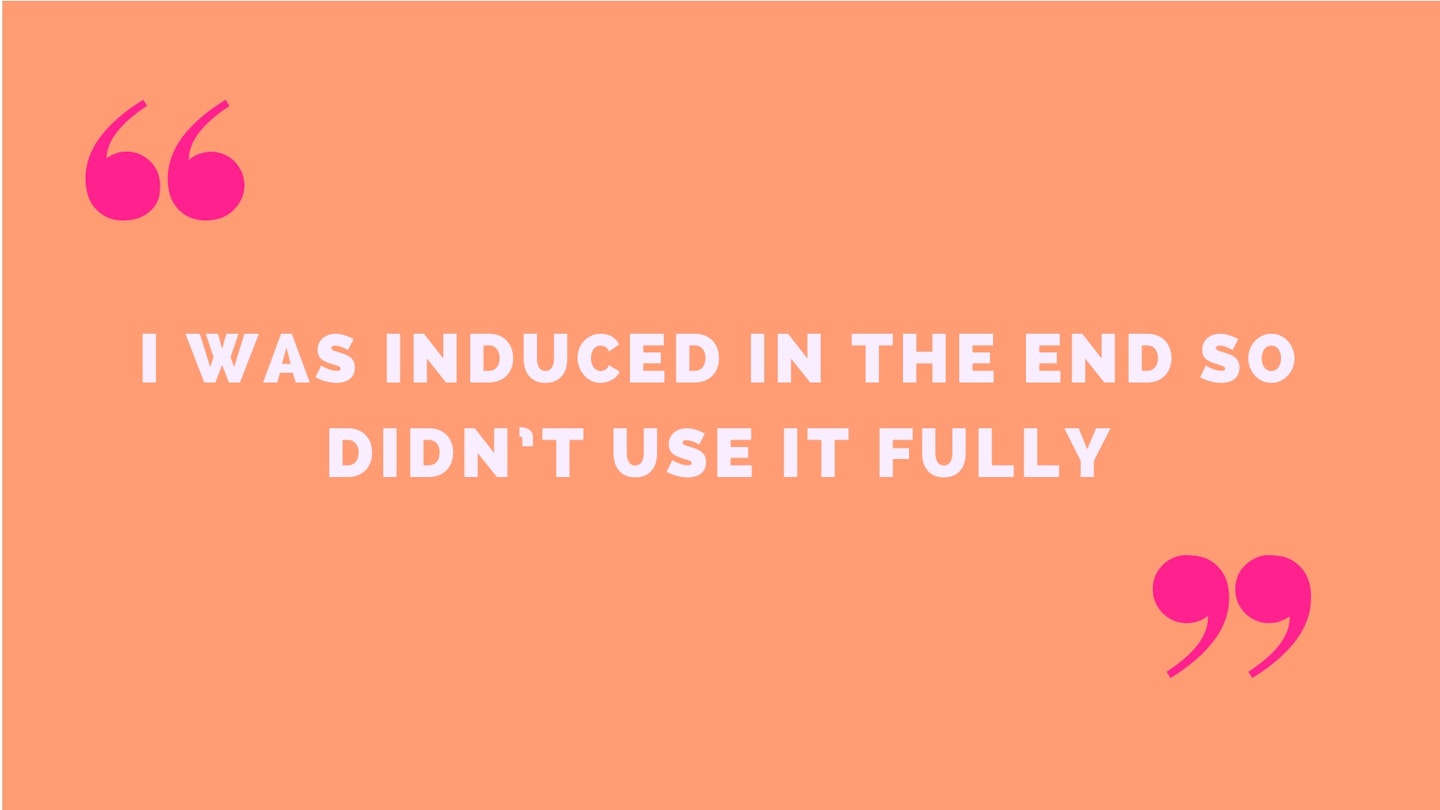 6 of 9
6 of 96) Joanna Cunningham
"I did the course with my local midwives. I was induced in the end so didn’t use it fully, but the breathing techniques definitely helped."
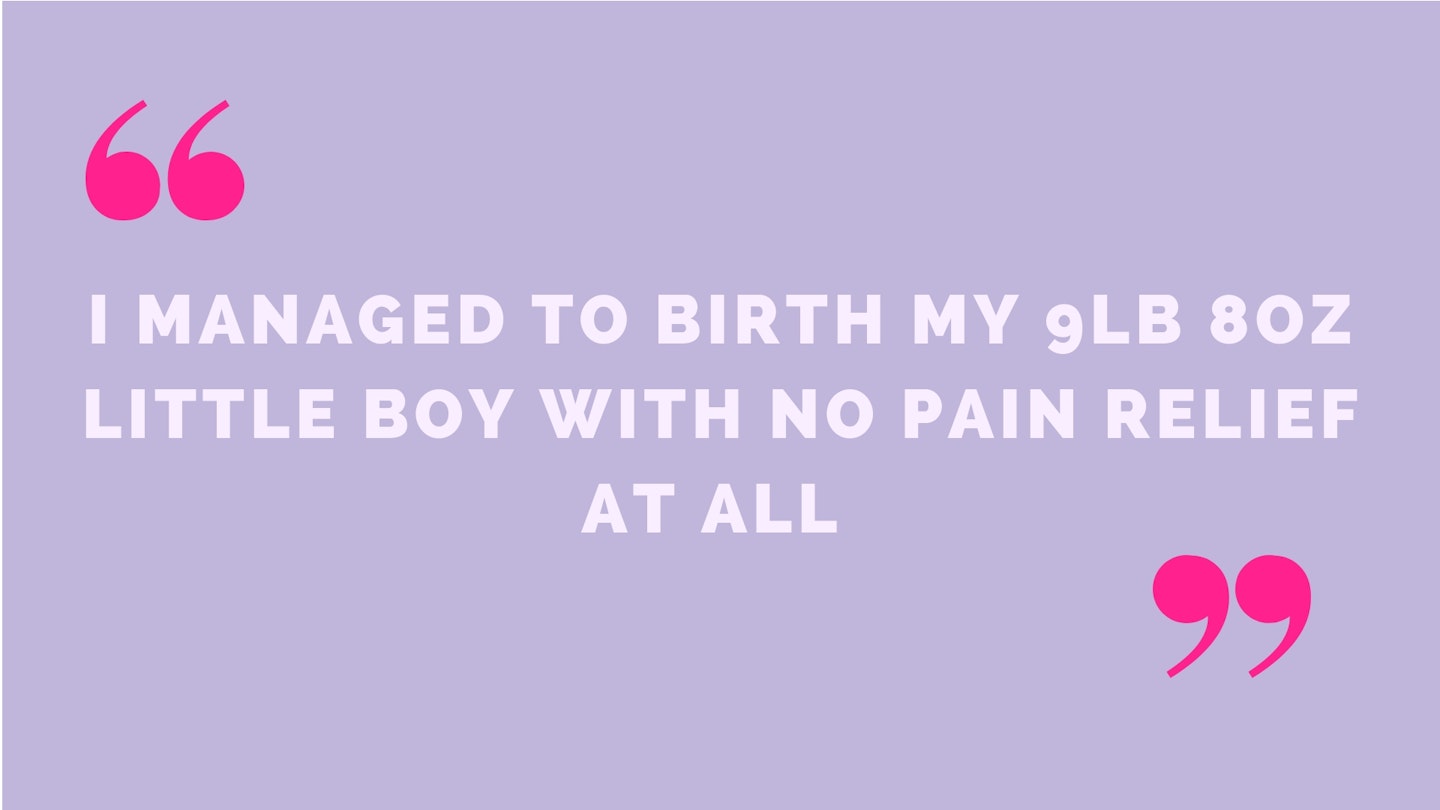 7 of 9
7 of 97) Lauren Smollett
"I used hypnobirthing during my pregnancy and labour. I absolutely loved it and managed to birth my 9lb 8oz little boy with no pain relief at all. It really helped me focus on listening to my body and channeling the energy during labour! Definitely would recommend it to any mums to be."
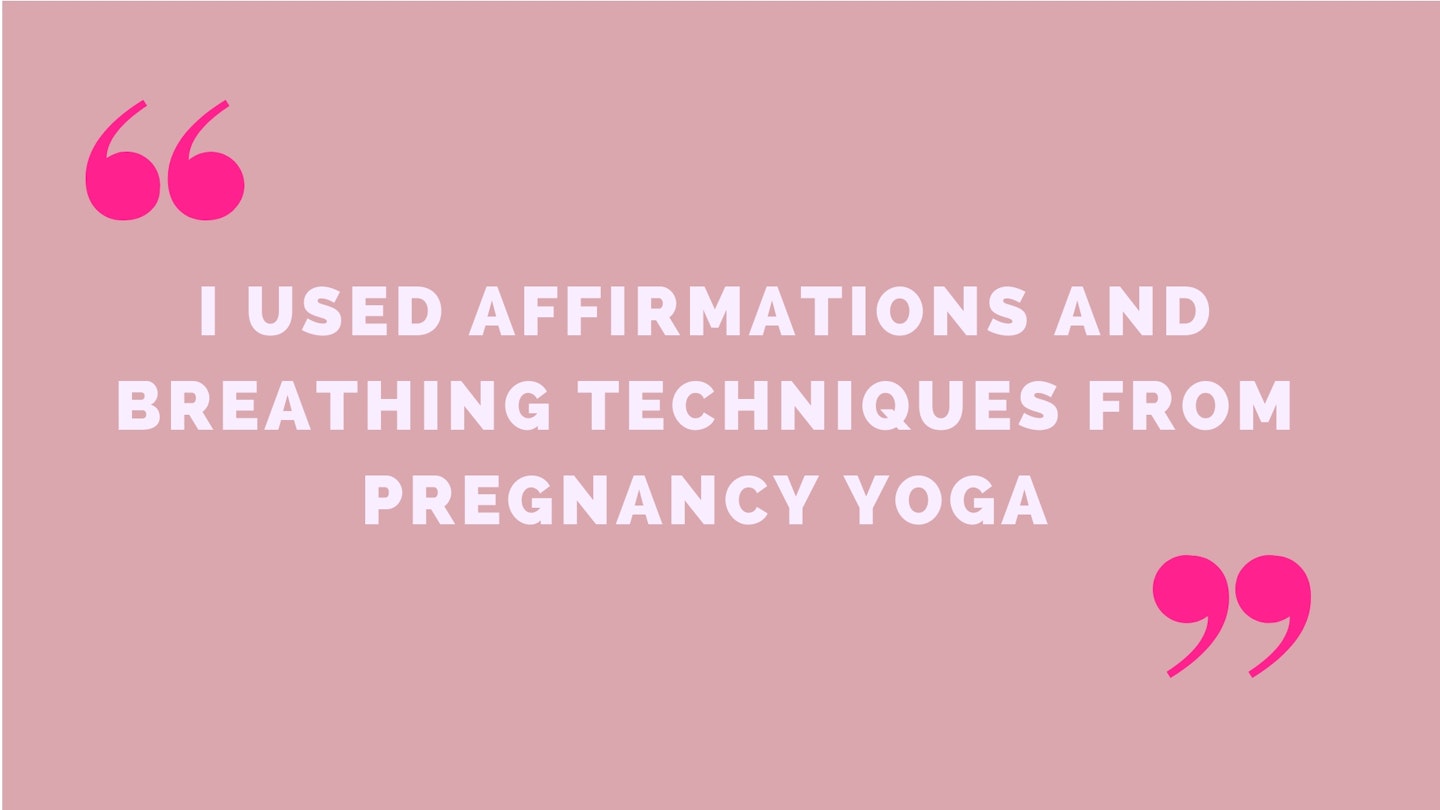 8 of 9
8 of 98) Laura Quinn
"I don't think I did hypnobirthing technically, but I used affirmations and breathing techniques from pregnancy yoga which got me through a lot of labour. In the end, my contractions stopped so I was rushed to theatre, but until then I'd only taken gas and air, besides the breathing, so I certainly think it's worth it."
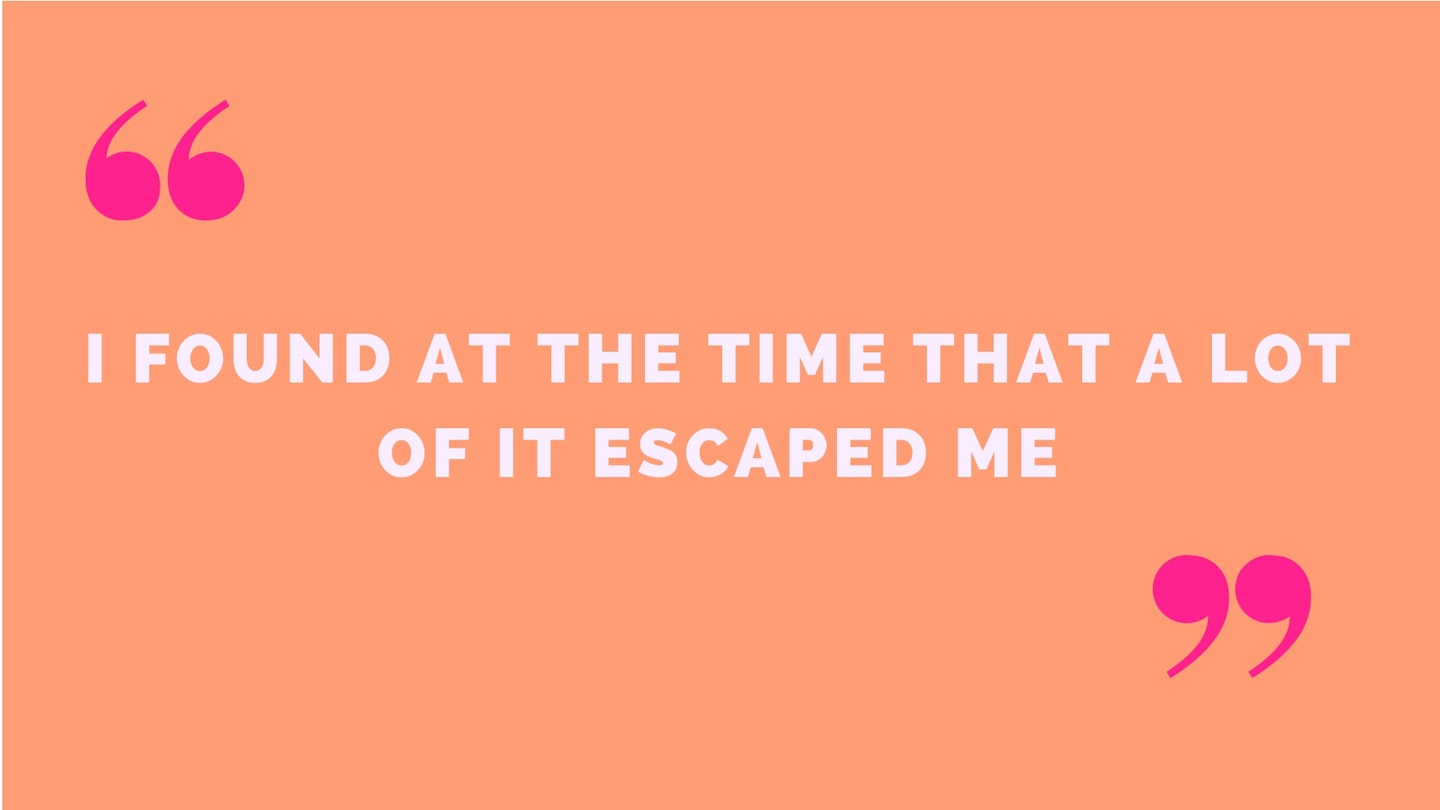 9 of 9
9 of 99) Amy Holland
"I did an online course. I found at the time that a lot of it escaped me, but I think the most important thing was the mind set it gave me of kind of even if things don’t go to plan, you can remain in control.
"Some of it obviously went in, for example the breathing exercises and the positive affirmation I held on to, was that each contraction was bringing me closer to meeting my baby.
"Even if I didn’t utilise it fully at the time it definitely helped and I delivered at a MLU in water with just gas and air. If I ever do it again I think I’d pay for a proper course and try and use more of the techniques at the time."
The best hypnobirthing podcasts and audiobooks
There's no better more time efficient way to take in information than through your ears. So whether you're doing the dishes or taking a bath, we've rounded up some of the best hypnobirthing podcasts and audiobooks for you to listen to in the lead up to your labour. Take a look here.
The best hypnobirthing books to buy
Recommended
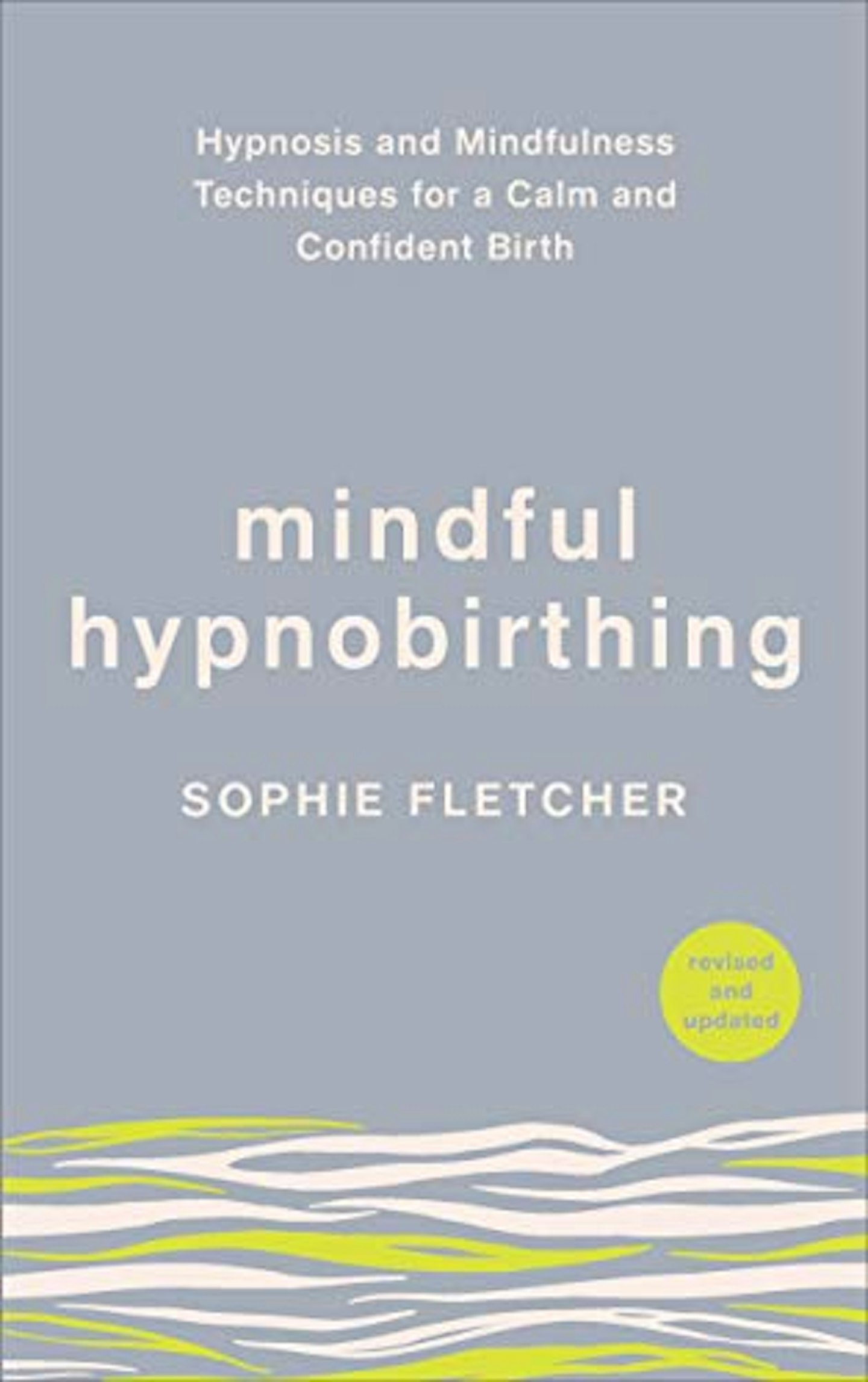
Recommended
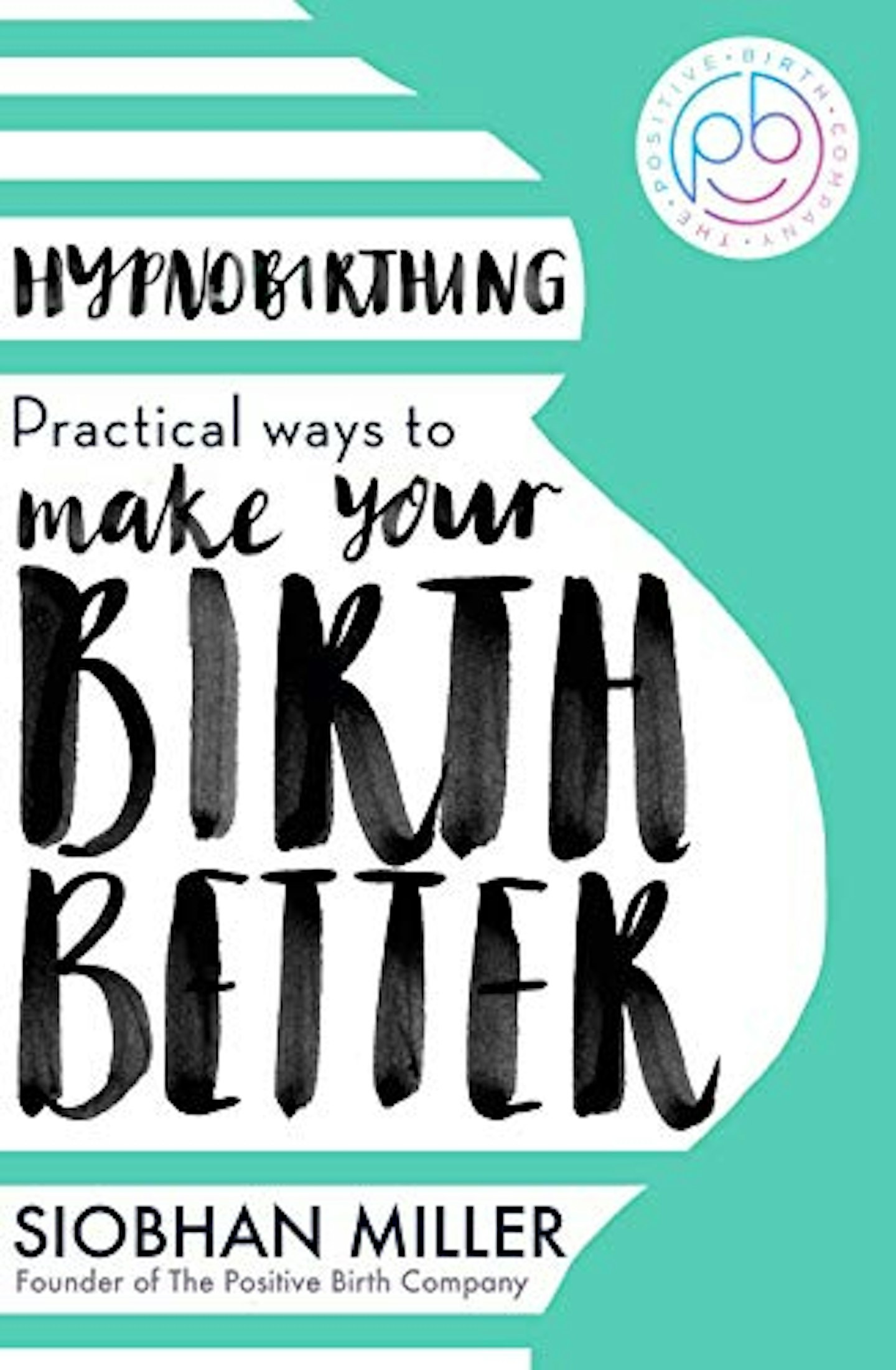
Recommended
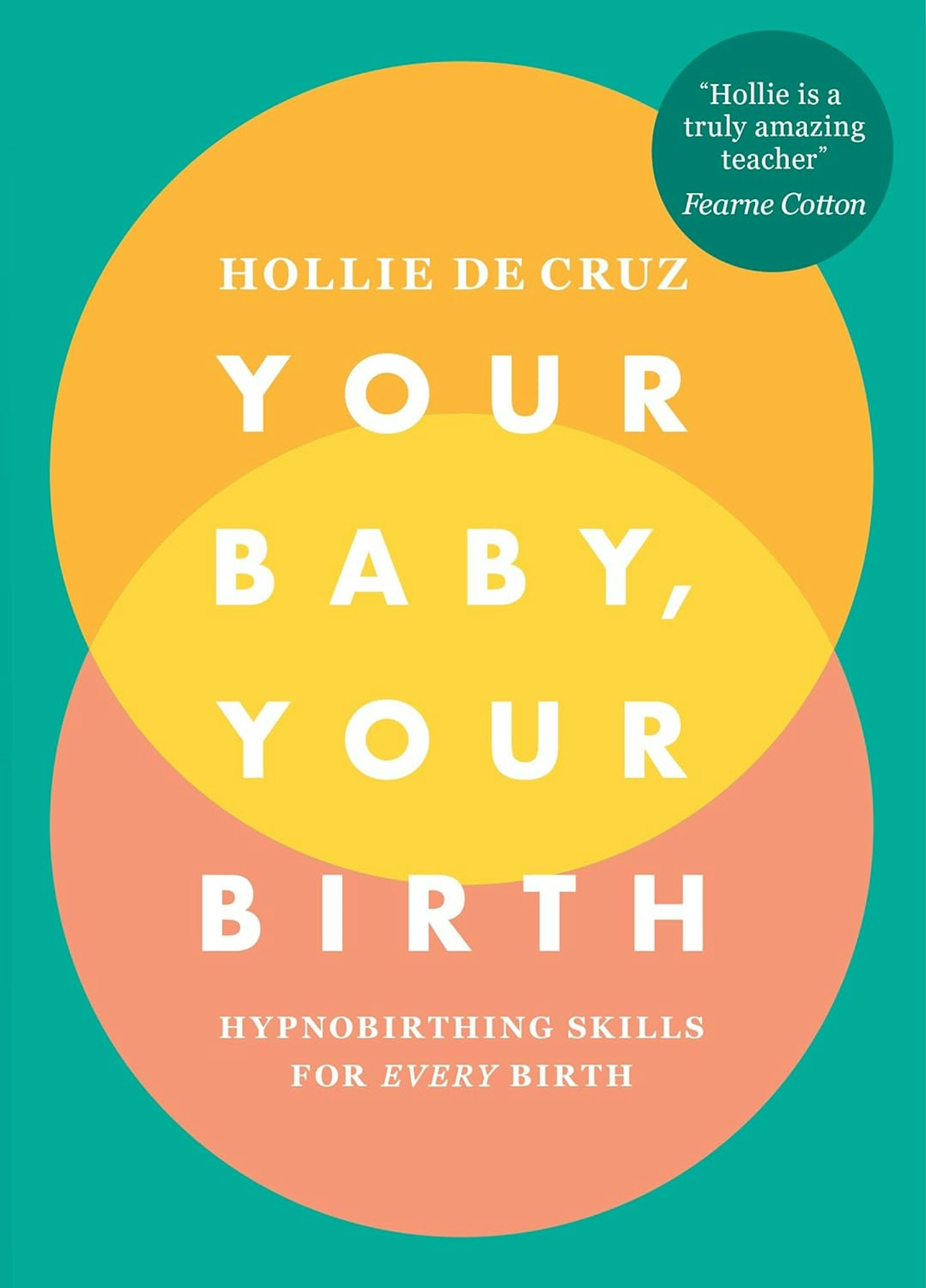
Recommended
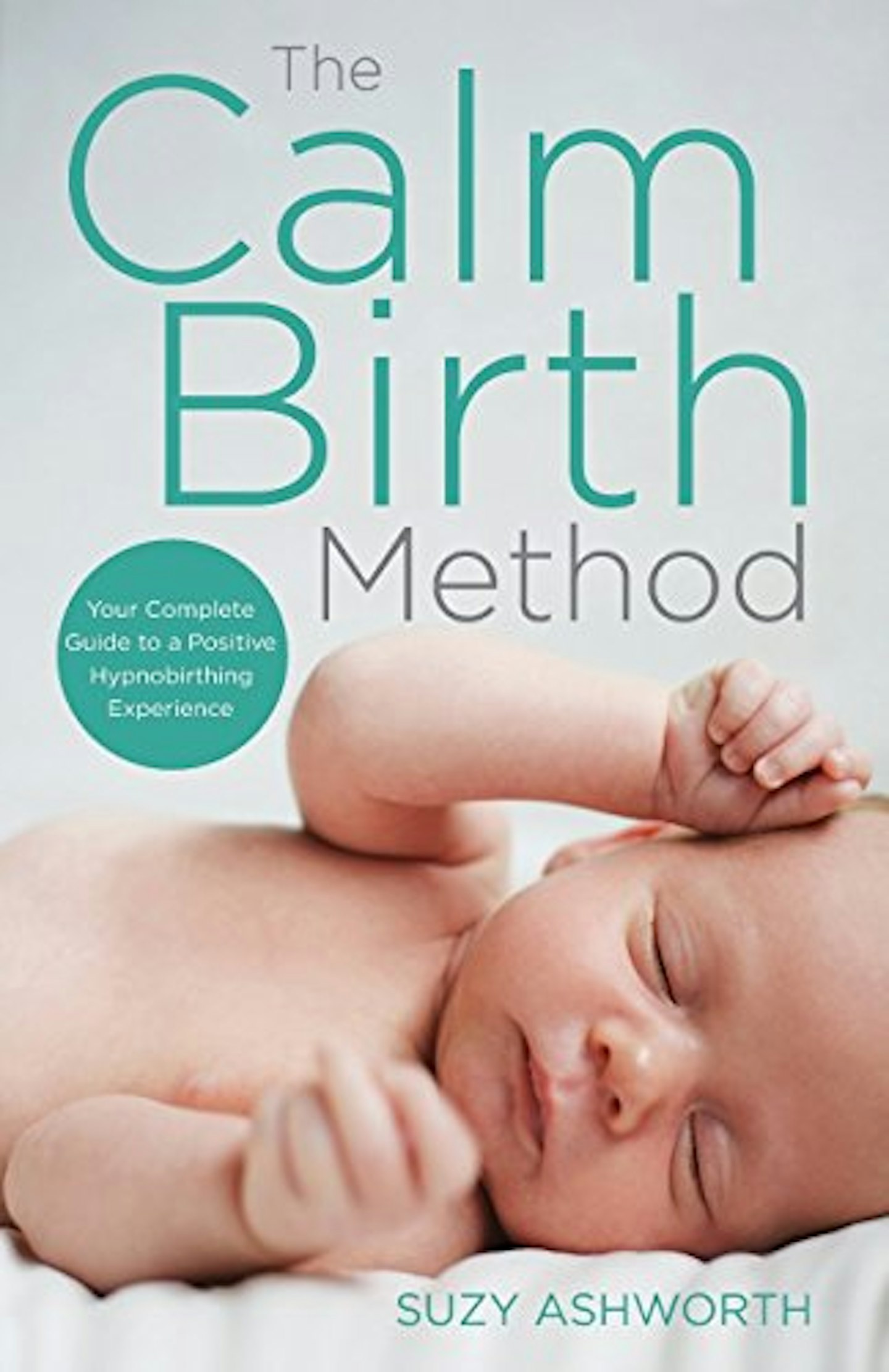
Recommended
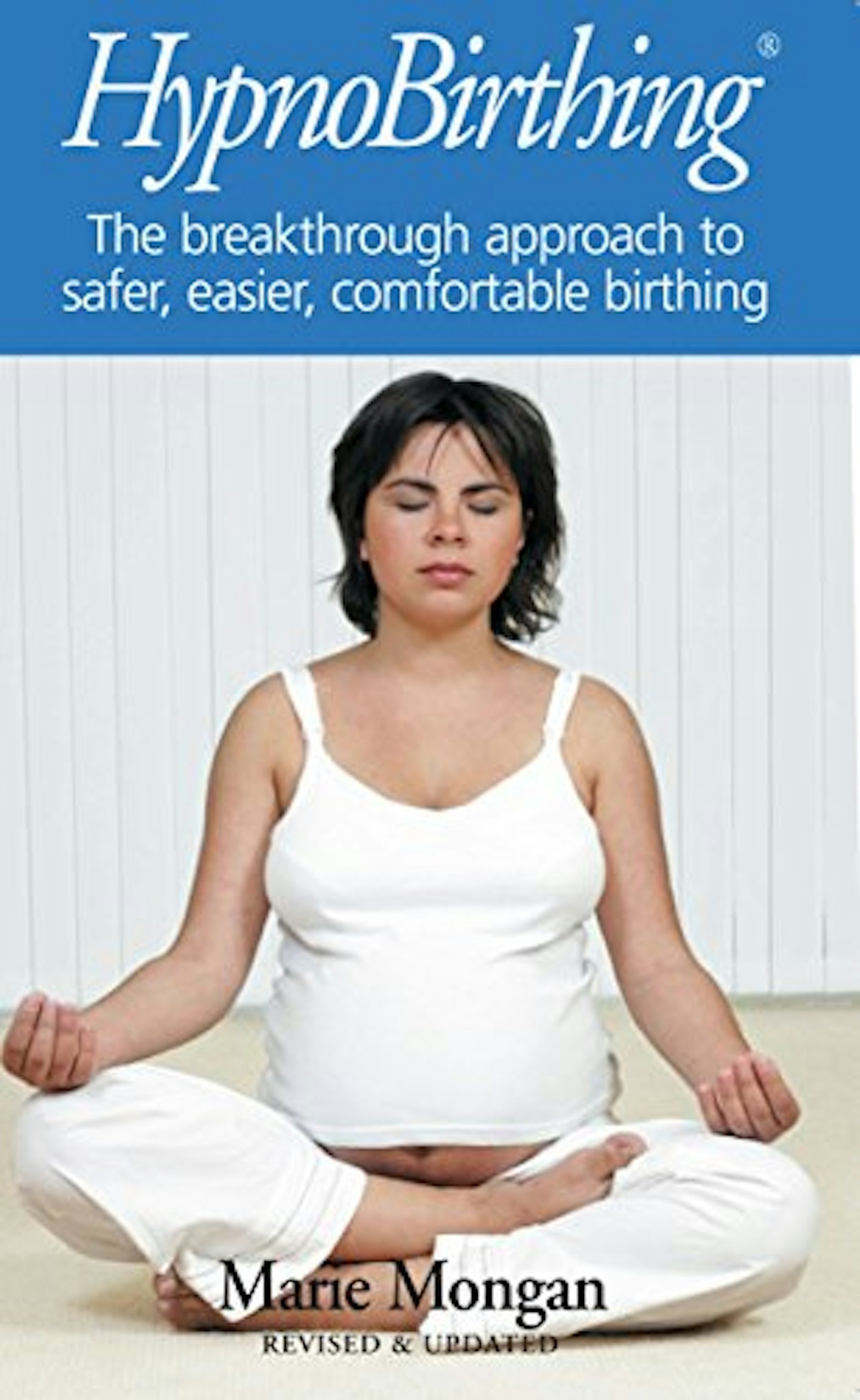
Sophie Knight is a hypnobirthing teacher and freelance journalist. She has worked with Mother&Baby for the past 12 years, and has also worked on sister titles including WhatsTheBest, Closer, Grazia, CAR, Parkers, and Today's Golfer, among many others. She is a mum of two, and an experienced product tester. Passionate about maternal mental health, Sophie is also a Mental Health First Aider, and a Reiki healer. Sophie has been teaching hypnobirthing since 2023, having studied it following using the techniques for her own two births.
Caron Newton has been a registered midwife for more than 11 years and Hypnobirthing Practitioner for five years. She has worked in all areas of maternity including the labour ward. Currently Caron is working as a community midwife caring for women in the antenatal and postnatal period as well as attending homebirths in Hertfordshire.
